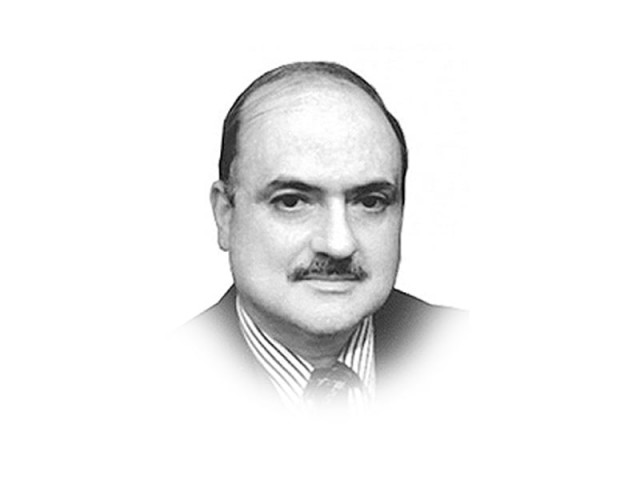Why squeeze the world’s poor?
How about calling off charade of global economic conferences, using money thus saved to subsidise poor for a change.

The writer is a former ambassador and former assistant secretary general of OIC
The singular tragedy is that the ‘paper solutions’ thrown up at these special summits have gone the way of all similar pious platitudes. Multilateral talks on economic issues invariably end up with similar platitudes, only for them to be duly sacrificed in due course at the altar of multilateral expediency. Makes a person wonder if it would have been more expedient to save the money spent on such fanfare and to distribute it among the world’s hungry and deprived souls!
It is a rather sad state of affairs when rich states, after having made ‘solemn’ promises in international forums to ‘eradicate poverty’, actually take economic measures that are expressly directed towards undermining the economies of the poor nations around the world. The rich nations, to use a well worn cliche, are bent upon eating their cake and having it too. The overall impact on the international economic scene thereby amounts to a net transfer of resources from the Third World to the developed world, rather than vice versa as should be dictated by logic.
The problem of hunger and deprivation is still nowhere near an equitable resolution. What is evident even for the man on the street to see and understand is the fact that the rich nations are markedly reluctant to make even a token sacrifice to live up to their high-sounding precepts as expounded in multilateral economic forums. The World Trade Organisation continues to go through its merry-go-rounds of global trade talks.
The United Nations Organisation, too, would do well to wake up from its slumber and face up to the realities. If it is not capable of producing results, then how about calling off the charade of global economic conferences and using the money thus saved to subsidise the poor for a change? How about doing something practical for a change? Could the UN not act to set up a ‘world food reserve’ aimed at providing timely succour to any country or community that faces the threat of famine or food scarcity?
We start with the presumption that there is no shortage of foodstuffs in this world of ours. Shortages are artificially devised to prop up the high prices of food items. In developed countries, farmers are given subsidies to manipulate the market. Surplus food crops are dumped into the sea to prevent a drop in prices. This happens at times when sizeable pockets of the world’s population are facing starvation. The proposed ‘world food reserve’ would aim at buying off such food surplus, storing it and then providing it when needed to the areas in need.
What about the seed money to start such a project, the reader might well ask? One answer is, why not tap the busybody agencies that dole out millions, nay billions, to NGOs in the Third World merely to manipulate public opinion and collect brownie points? A start has to be made somewhere!
Published in The Express Tribune, November 6th, 2013.
Like Opinion & Editorial on Facebook, follow @ETOpEd on Twitter to receive all updates on all our daily pieces.
















COMMENTS
Comments are moderated and generally will be posted if they are on-topic and not abusive.
For more information, please see our Comments FAQ